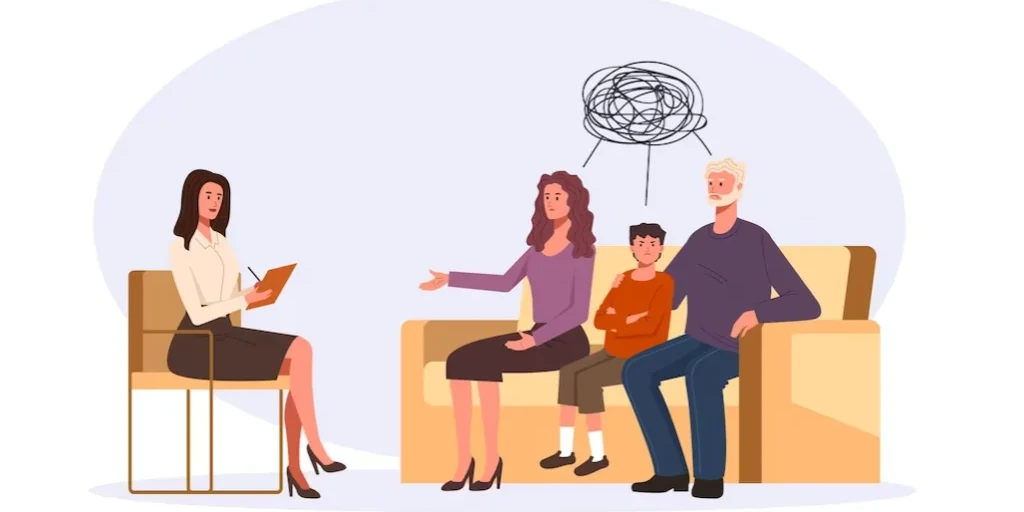24/7 Helpline:
(866) 899-221924/7 Helpline:
(866) 899-2219
Learn more about PTSD Treatment centers in Youngsville
PTSD Treatment in Other Cities

Other Insurance Options

Highmark

Cigna

Carleon

Holman Group

Absolute Total Care
Beacon

Covered California

Anthem

Ambetter

BlueShield

Choice Care Network

Excellus

Health Net

American Behavioral

BHS | Behavioral Health Systems

CareFirst

Lucent

Access to Recovery (ATR) Voucher

Private insurance

Premera

Whispering Oaks Lodge
Whispering Oaks Lodge is a residential substance use disorder treatment facility treating drug addic...








Eason Courts
Eason Courts is a private rehab located in Youngsville, North Carolina. Eason Courts specializes in ...
Beacon Light Behavioral Health – Youngsville
Beacon Light Behavioral Health – Youngsville is a private rehab located in Youngsville, Pennsylvania...